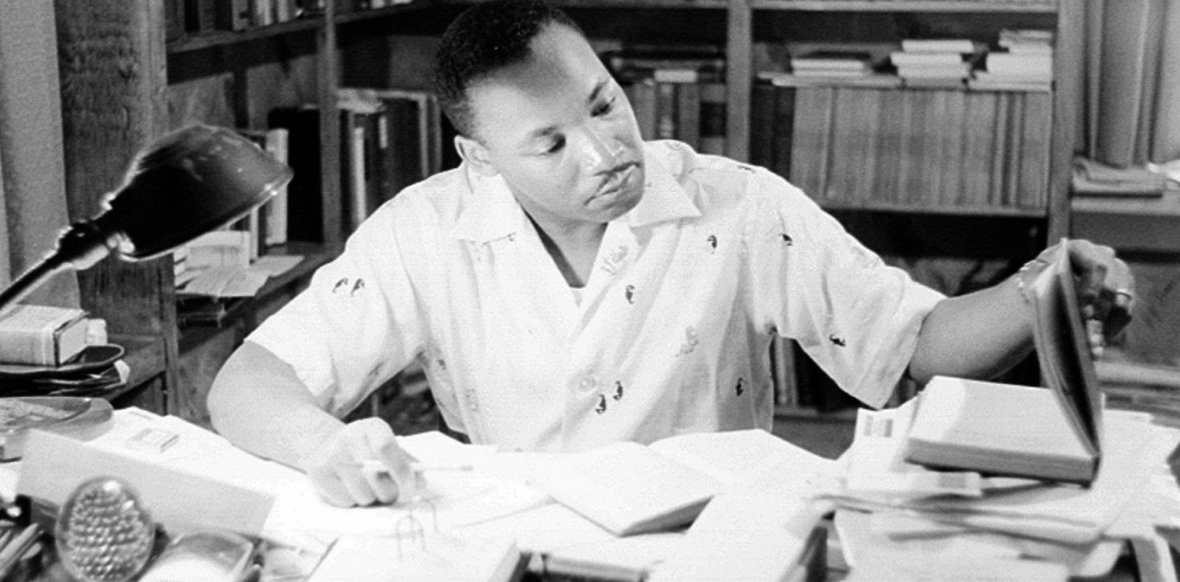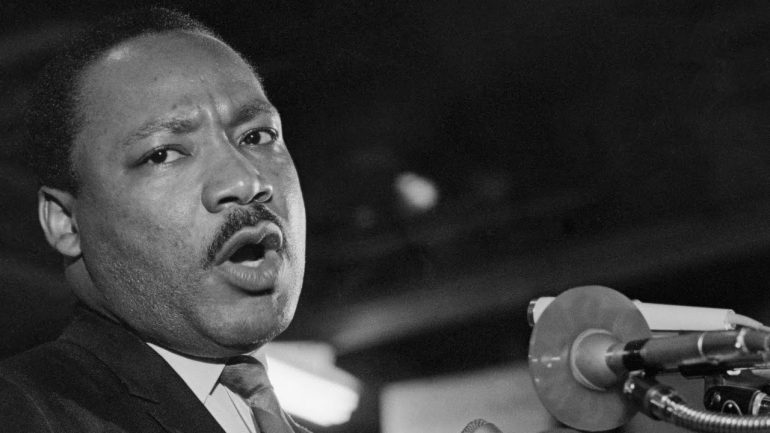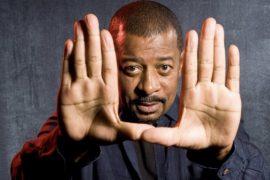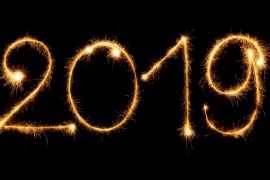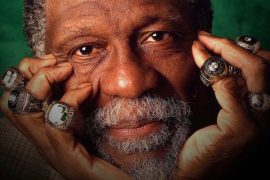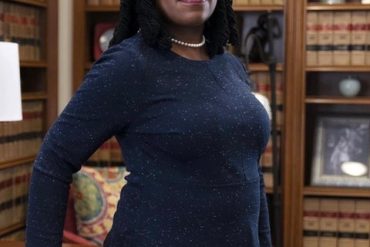Dr. Martin Luther King Jr. lived a dangerous life. That life and his deeds are celebrated on the holiday that we enjoy today. He was under constant threat. With an army of civil rights followers, he changed public policy in public accommodation laws and ended America’s segregation. He moved it forward.
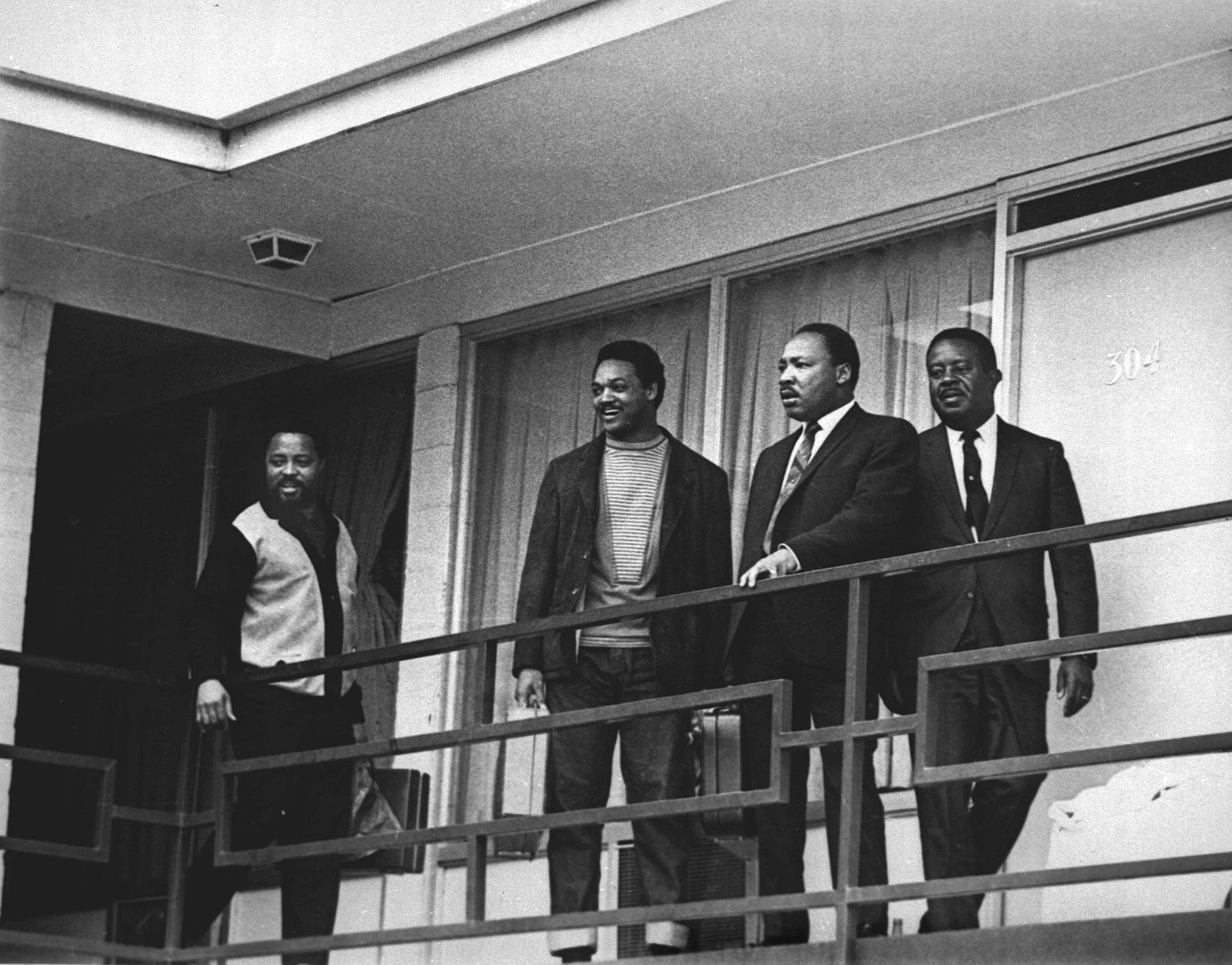
King changed the South and paved the way for a new politic. King’s life changed American culture. King’s work lives in the likes of his disciples, including Rev. Jesse Jackson, Andrew Young, and John Lewis, for example, as they all made way for Barack Obama to sit in the White House for two terms as the first Black president of the United States. That was a direct result of King’s work.
The marches, sit-ins, boycotts and other non-violent methods that brought forth creative tension produced the integration, cultural diversity, and ethnic inclusion that most enjoy today. He opened doors and created opportunities.
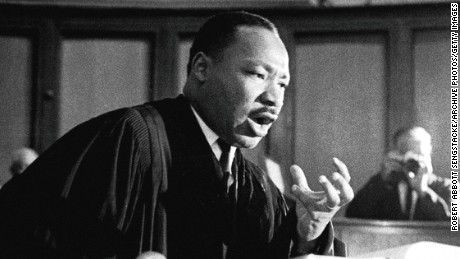
King was awesome and powerful as he spoke in the tradition of Baptist ministers. He was not the beneficiary of philanthropic grants or GoFundMe pages. He mostly passed the hat in the church and made it work.
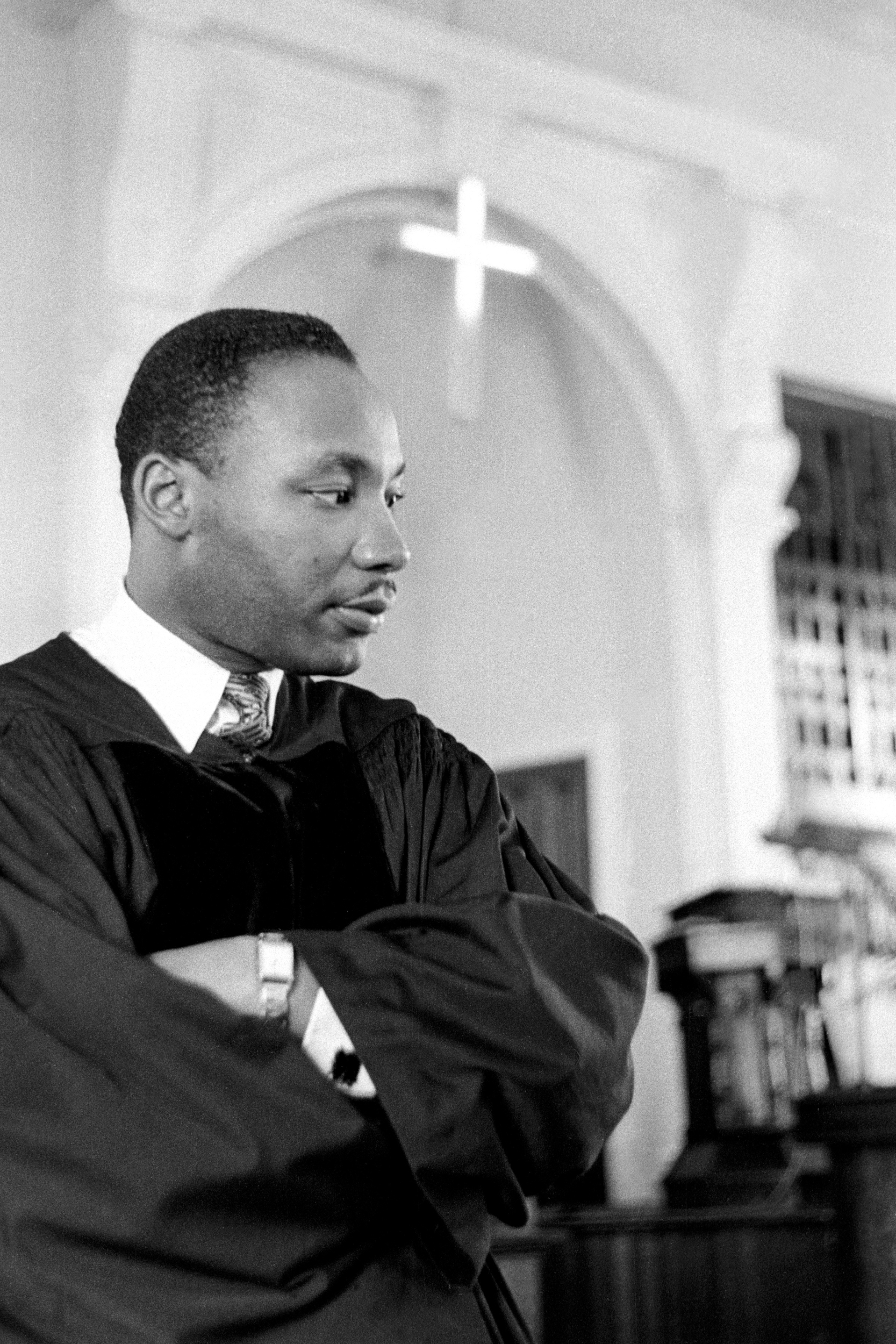
He was a model for leadership and his legacy is rich. He provided direction that wasn’t always popular. He set the course and made others follow his lead. He changed the country, if not the world, with basic constitutional principals, offering new thoughts on social interaction and he stood his ground. He was America’s social worker, conscience and change agent.
During the time of Dr. King’s work, there was no internet, e-mail, Google, Twitter, Facebook, kindle, and the like, no social media. But what if Dr. King had e-mail, though? He might have gathered more people to the cause, but would they have been as disciplined and dedicated? Would they have heeded his call, without hearing his voice?
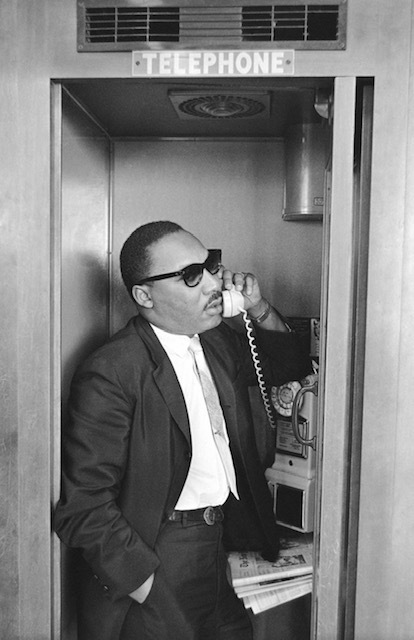
What if Dr. King had blogged? Would the blog have been too brief to make his point and develop the idea of freedom and justice; could he have said it in just a few condensed characters? Would the tweeters have joined the March on Washington?
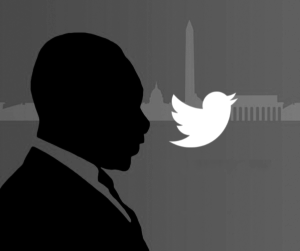
How many “friends” would Dr. King have had on Facebook? How many “likes”? What category would they have come from? King knew the value of friendship. He knew not everyone would march or boycott, but he was clear on who his friends were.
Would He Have Translated To Today?
The best thing about today’s technology that would have been wonderful for King is fundraising on the internet. He would have had global reach and would have been able to raise millions for the Civil Rights Movement.
The point is that people are of their time. I can’t imagine the King blog or the King e-mail or the King tweet. What would it say? What would be appropriate?

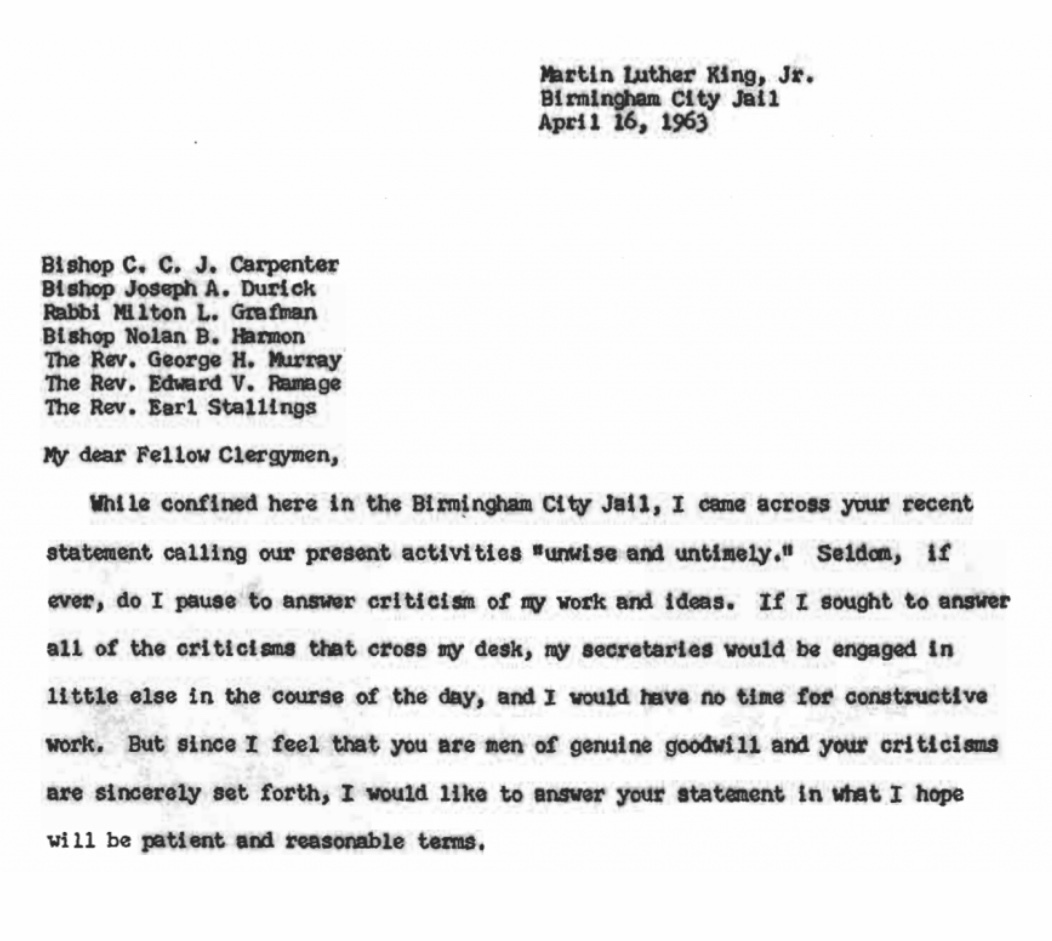
His “Letter From A Birmingham Jail” is a classic call to clergy. But how would it have come in the form of new media? I am glad Dr. King was physically in pulpits across this nation making his appeal for justice and freedom.
I wonder how many people would have joined the Montgomery Bus Boycott had Rosa Parks youtubed her experience on the bus. Would there have been outrage or dismissal or laughter? Would the point have been made as dramatically as it was on black and white, small screen TVs?
Would King have been on CNN or the late night talk shows hosted by “comedians” that all the politicians, even Presidents, appear on now? Would his point have come across with the same force and passion?
Would he have been too controversial for the Oprah Winfrey Show? Could you have had a Skype chat with him? Would he have given a Ted Talk? How would he look on the cover of Vanity Fair? Would they degrade him with the skull cap or hoodie and make him darker? Would they twist and change his words; maybe put him in a MAGA hat?
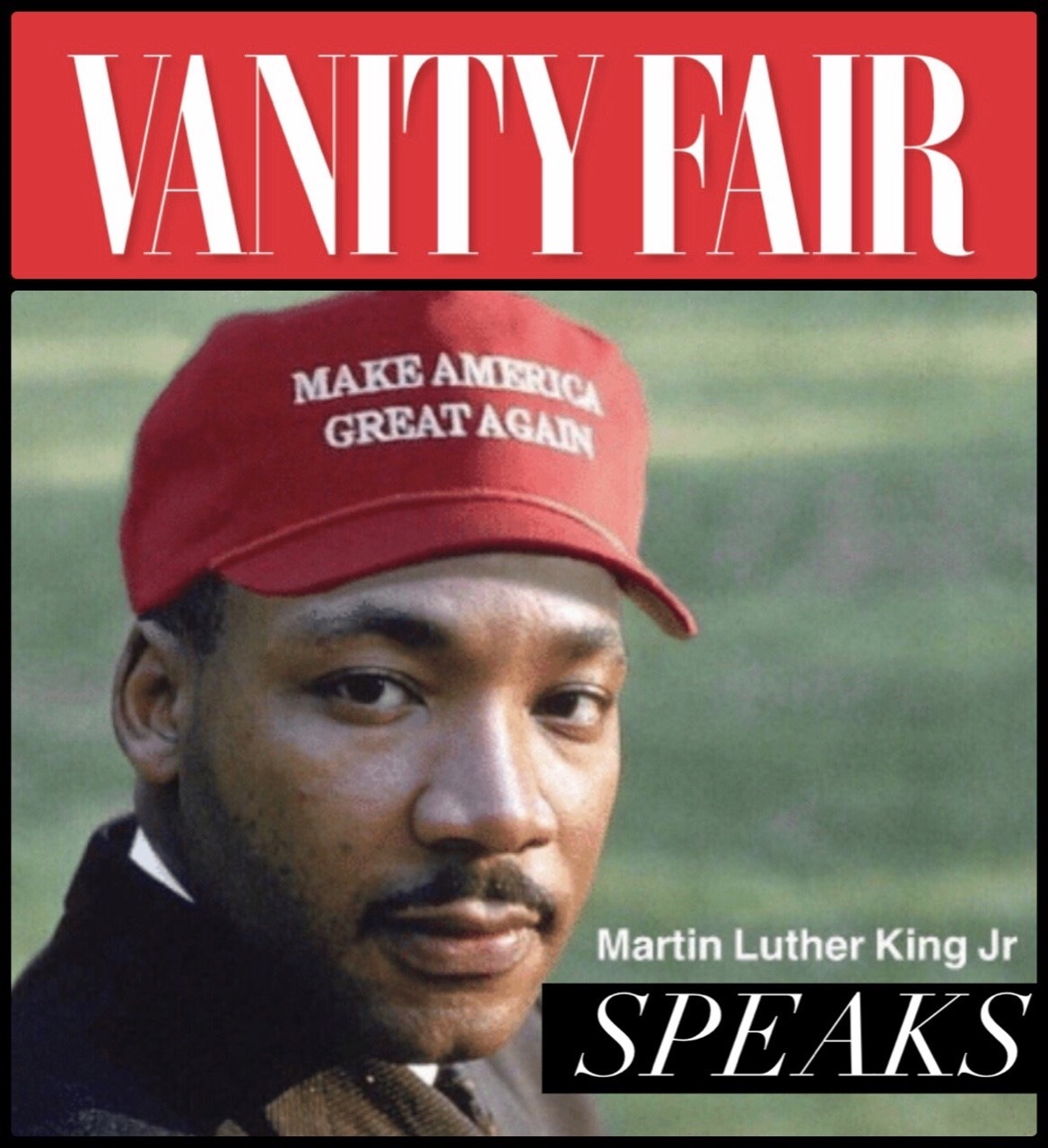
If King came to your college campus today and told you that he was about to change America and was soliciting students for boycotts that might land you in jail, would you join the movement?
If you didn’t hear his powerful oratory, would you respond just to his e-mail or his blog? What action might you take? What if his e-mail or Facebook accounts were hacked or trolled to misrepresent his words and meaning? Would his posts land him in Facebook jail?
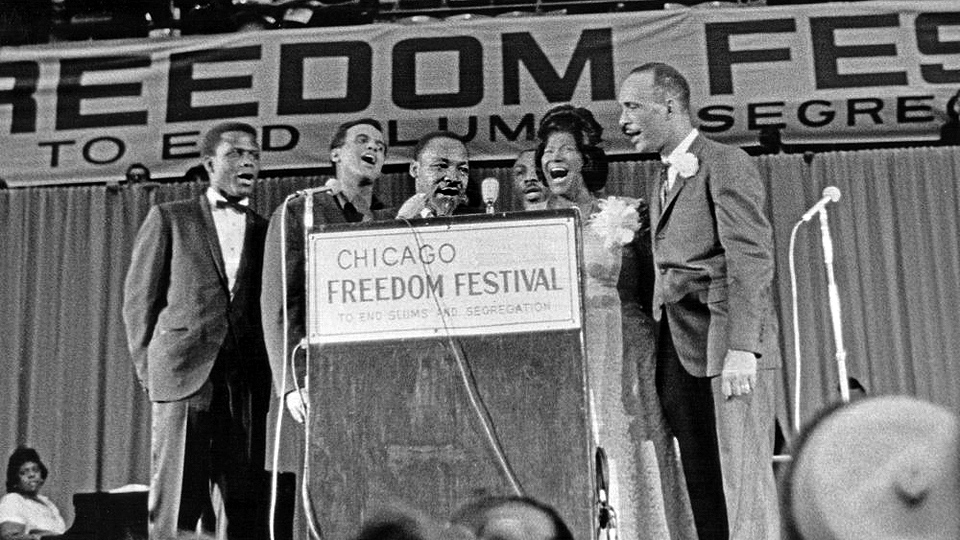
Those who joined King were a part of a social movement that was real as well as dangerous. King’s message was clear. He challenged America to stand up for freedom, justice and equality. He laid it out. He spoke it from the pulpit. He worked on principal. He challenged America to live up to its creed of conduct written in the Constitution.
My point is that King was real, but as we experience the technological advances of our day, had they existed in King’s day, we might have missed his humanity, his voice, his intelligence, and his social work.
Today’s technology is taking us into a robotic space. Dr. King was the real deal. He challenged humanity, man to man, person to person. Indeed, he kept it 100.
